Finding Home in Coffee: Iona Fresnoza's Journey and the Mission to Promote Philippine Coffee

The story of Iona Fresnoza leaving her homeland is akin to the migration story of coffee. Both involve journeys of sacrifice, traveling across continents and bringing elements of home to new lands. Learn how the founder of Kapé Philippine Coffee found a sense of community in Vancouver's coffee culture, all while sharing and staying connected to her heritage in our latest feature.
Filipino-Canadians make up one of the fastest-growing communities in the land now called Canada. Can you tell us a bit about your story as an immigrant back in 2015 and how you found community here?
I moved to Vancouver in 2015 with a sense of growth and adventure, and a bit of denial, quite honestly! A part of me did not want to leave the Philippines. I knew though that moving to another country did not mean fully disconnecting from home. Newly married, I knew It was the best decision to be with my husband (and partner in coffee!). I also knew in my heart we were on to something; we had a mission: to bring a piece of home (of course, coffee) to where we were setting new roots.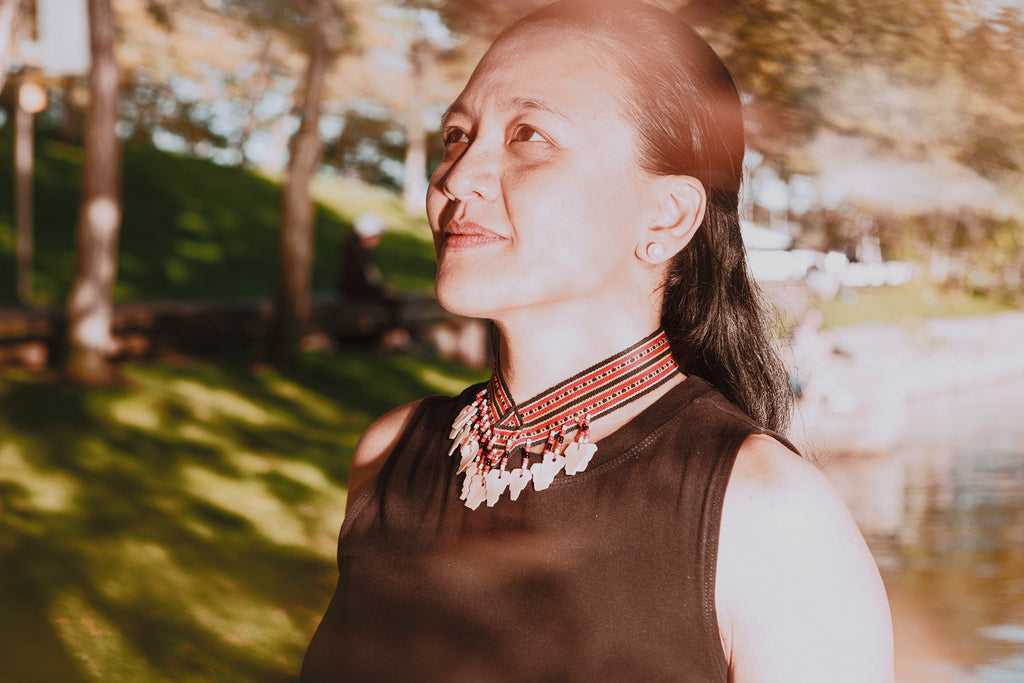
Canada is a coffee-crazed country with its vibrant café culture. I felt right at home in coffee shops and roasteries where I made new friends and geeked out on coffee and travels. Some of the best conversations I have had were all over a cup of coffee and food.
As I was starting my new life in Canada, a huge source of support to me was Groundswell, a community of social entrepreneurs and an alternative business school. It was through Groundswell that my dream of creating a social enterprise promoting Philippine coffee became a reality.
What Filipino traditions are especially important for you to continue practicing that keep you connected to your homeland?
The tradition of pagmamano is one that carries so much meaning, showing respect to our elders and seeking their blessing. Pasko (Christmas) traditions are also special–waiting for midnight for noche buena and media noche for New Year’s–are dear to me because Christmas is a special time when family gather to celebrate and be thankful for the year’s blessings.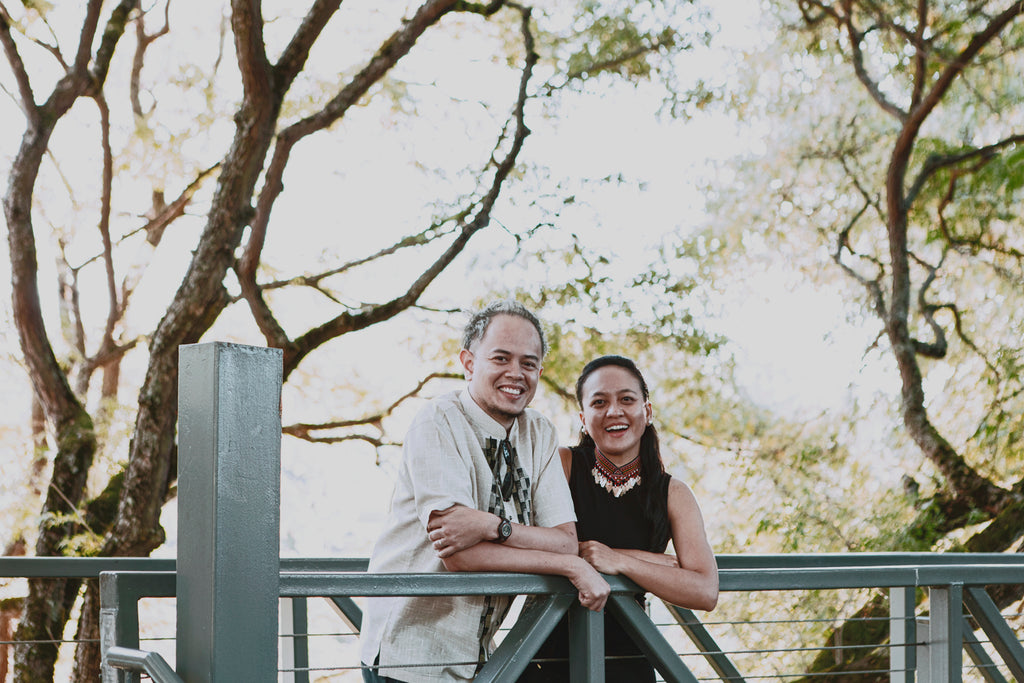
Can you describe some of the coffee traditions that you witnessed or took part in while you were still living in the Philippines? What was your relationship to coffee then vs. what it's like now?
I adore the tradition of merienda (morning or afternoon snack) and it is something I have been so happy to share with friends here. It is always wonderful to invite someone over for Filipino treats like suman, bibingka, tupig, cassava cake (the list goes on), and a cup of coffee or tea and truly connect.
Back home, if someone shows up at your door unannounced, you invite them for merienda or coffee or a meal, depending on what time of day. There is always a pot or a thermos of coffee ready just in case someone comes over. It’s the same spirit of friendship and hospitality that I aim to do justice and carry with me always.
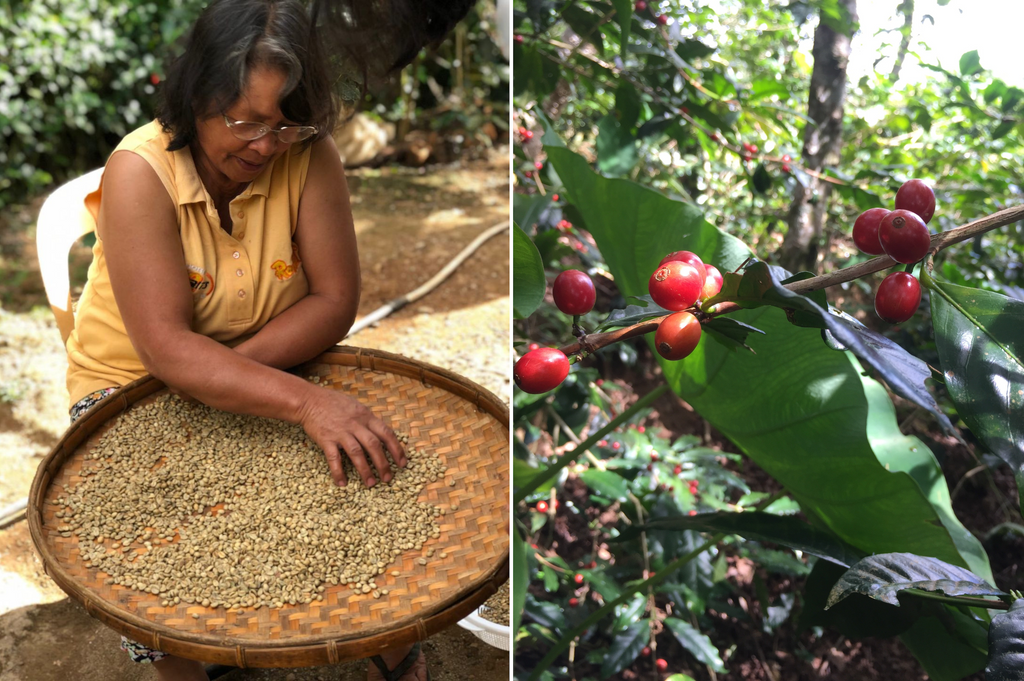
In the coffee mountains, farmers would grow, harvest, and process their own coffee and would roast the beans in their kitchen using firewood. This made a traditional brew and what Indigenous folks would call ‘d’kapetinative’ (coffee from local folk).
My relationship with coffee has grown deeper throughout the years, understanding how genuine relationships are a solid foundation of a social venture, and how much even a young business can make a difference.
In 2003, I was fortunate to have visited the coffee farms in Atok, Benguet. My pursuit and journey in coffee started there, which led me to organize volunteer trips to share the joy of connecting with coffee farmers and their families, and taking part in the hard work of planting and harvesting coffee. After each trip, you have a more profound appreciation of a cup of coffee and the people that made your experience even possible.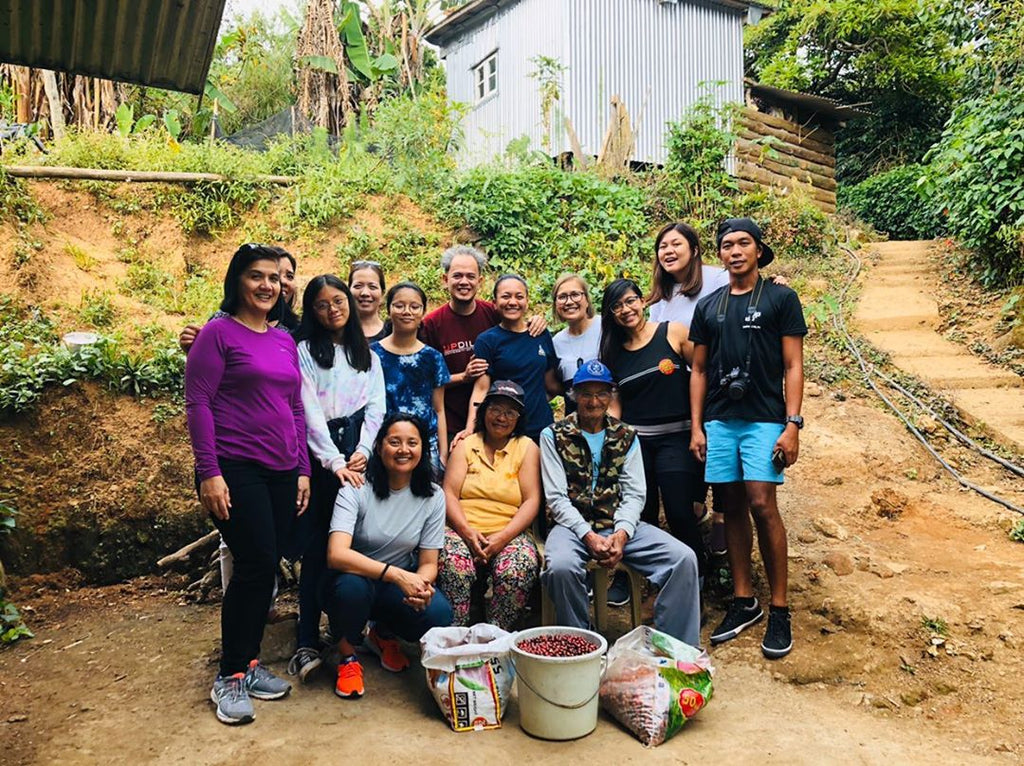
As Kapé Philippine Coffee helps build better livelihoods for Philippine coffee growers and their communities, you also help decolonize the coffee industry. What recommendations would you offer to cafés and coffee roasters who want to create a more equitable industry?
Unlearning a colonial mindset/decolonizing our work is what we strive to do every day, and we have a long way to go. It also means looking within and leaning on Indigenous wisdom.
I always think of how coffee is a story of migration, of the diaspora. Grown and cultivated mostly in the global south, the majority of coffee consumption happens in North America and in Europe, where one can see the stark contrast between how farmers are paid and how much a cup of coffee costs.
To build a more just, equitable, and inclusive industry, cafés and coffee roasters can be more intentional about their sourcing practices. There are smallholder farmers and independent coffee farmers in different parts of the world that are doing excellent work that would benefit greatly from all our support. Paying a good price–one that puts into account farmers’ actual cost of production–is bare minimum.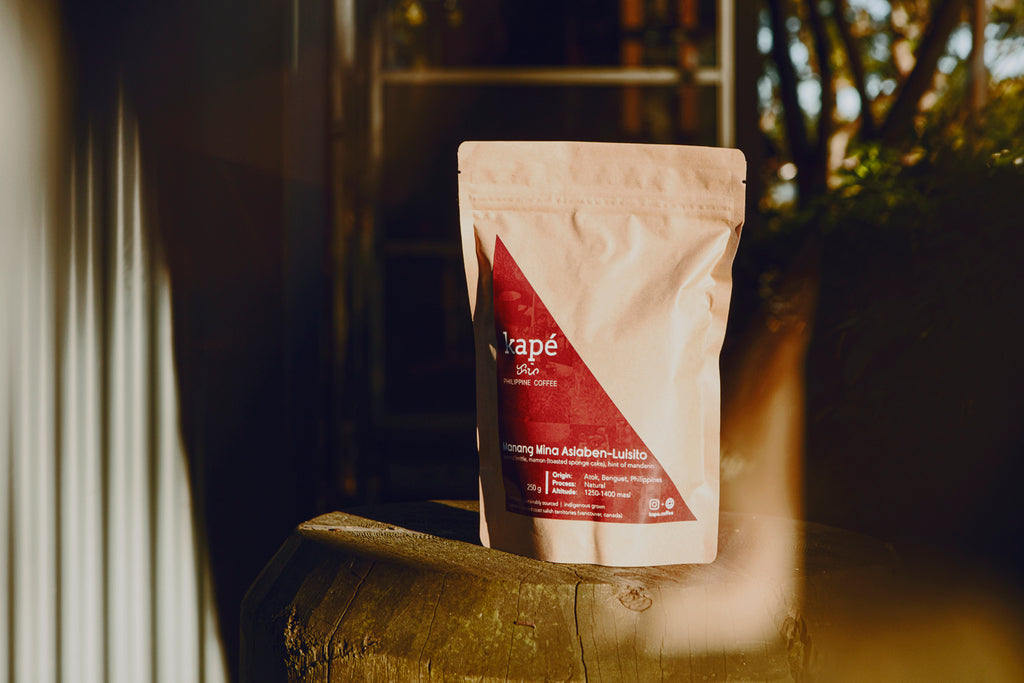
Another thought is to go beyond the conventional coffee standards that are mostly based on Western tastes and preferences. It is great to see that with a growing list of experimental processing these days, folks are enjoying more adventurous taste profiles and flavours, but there are also new coffee terroirs that have yet to be discovered and new coffee communities to support.
All of us who work in coffee can also do a better job of recognizing that this whole industry is built on the backs of people of colour and people of the global majority.
With an estimated 2.2 billion cups of coffee consumed globally every day, it is hard to think how some farmers and coffee producing communities in the global south still cannot afford life’s basic necessities. We can all do our part in building more sustainable coffee practices in our circle of influence that creates a ripple effect of goodness in the industry.
0 comments
